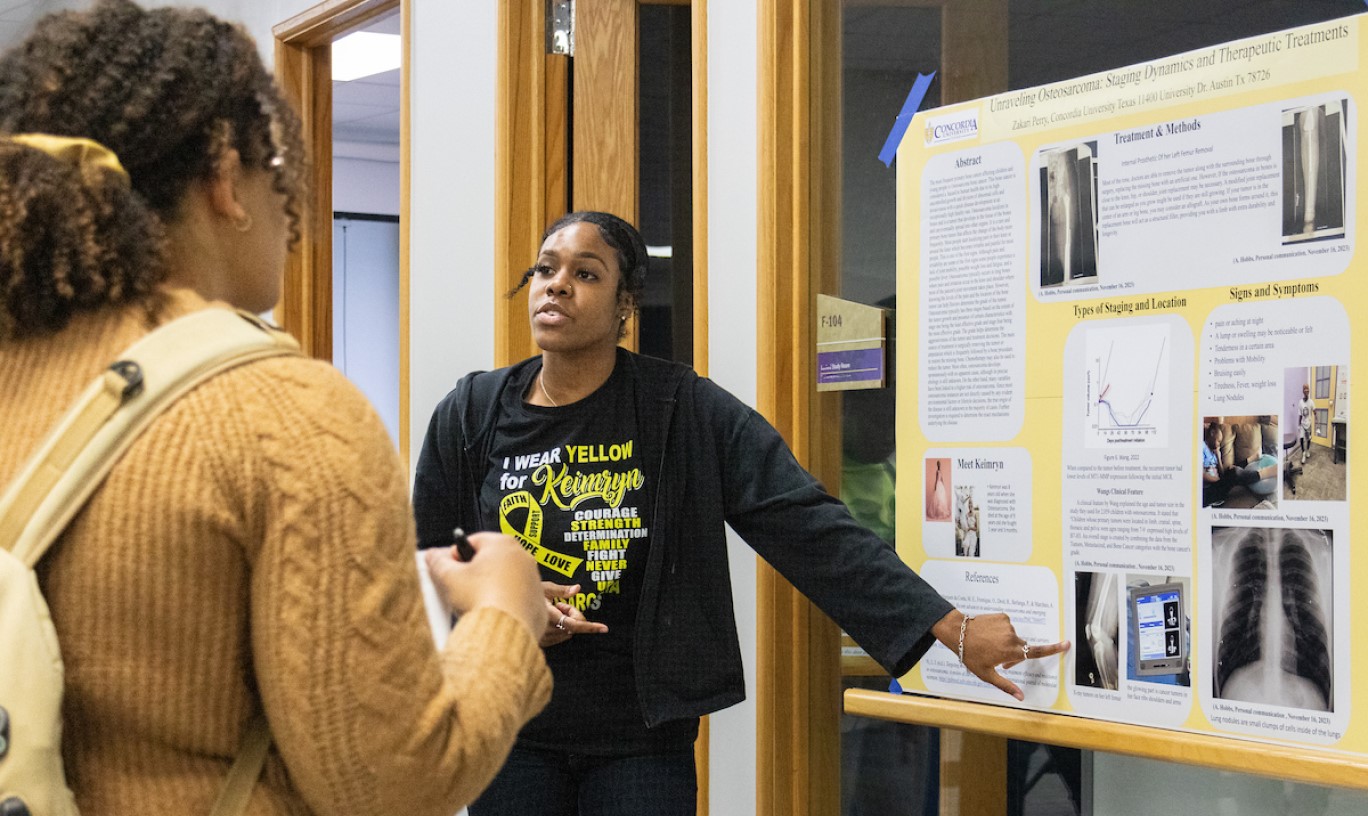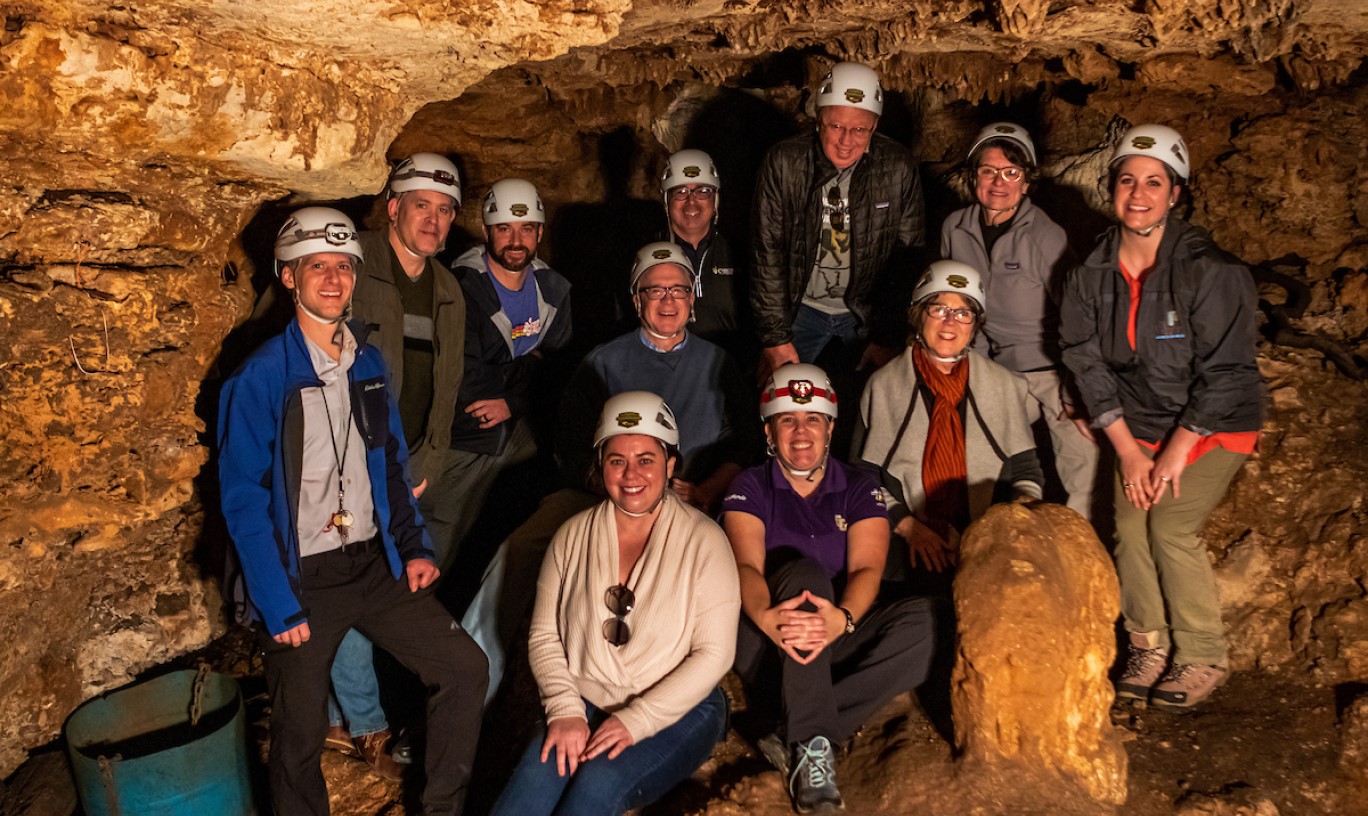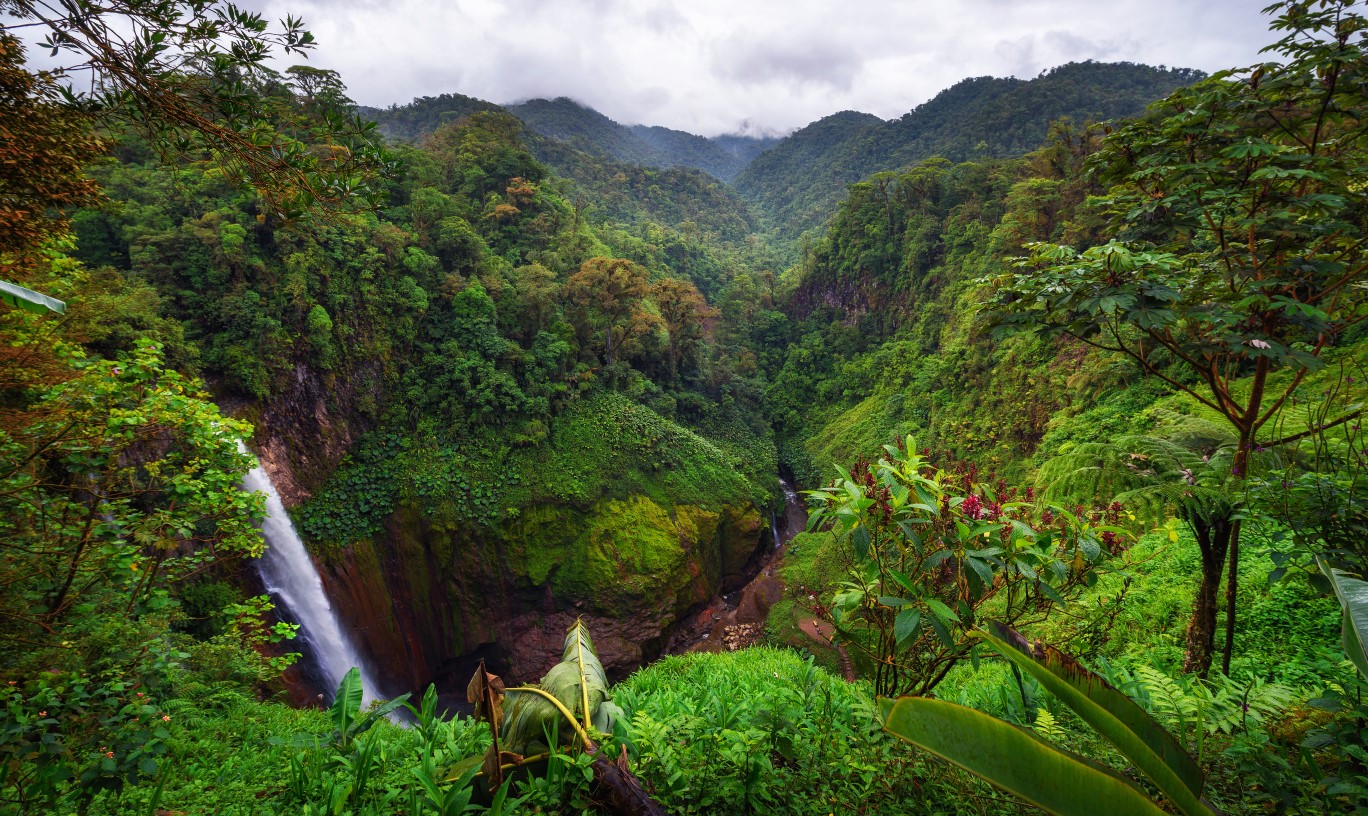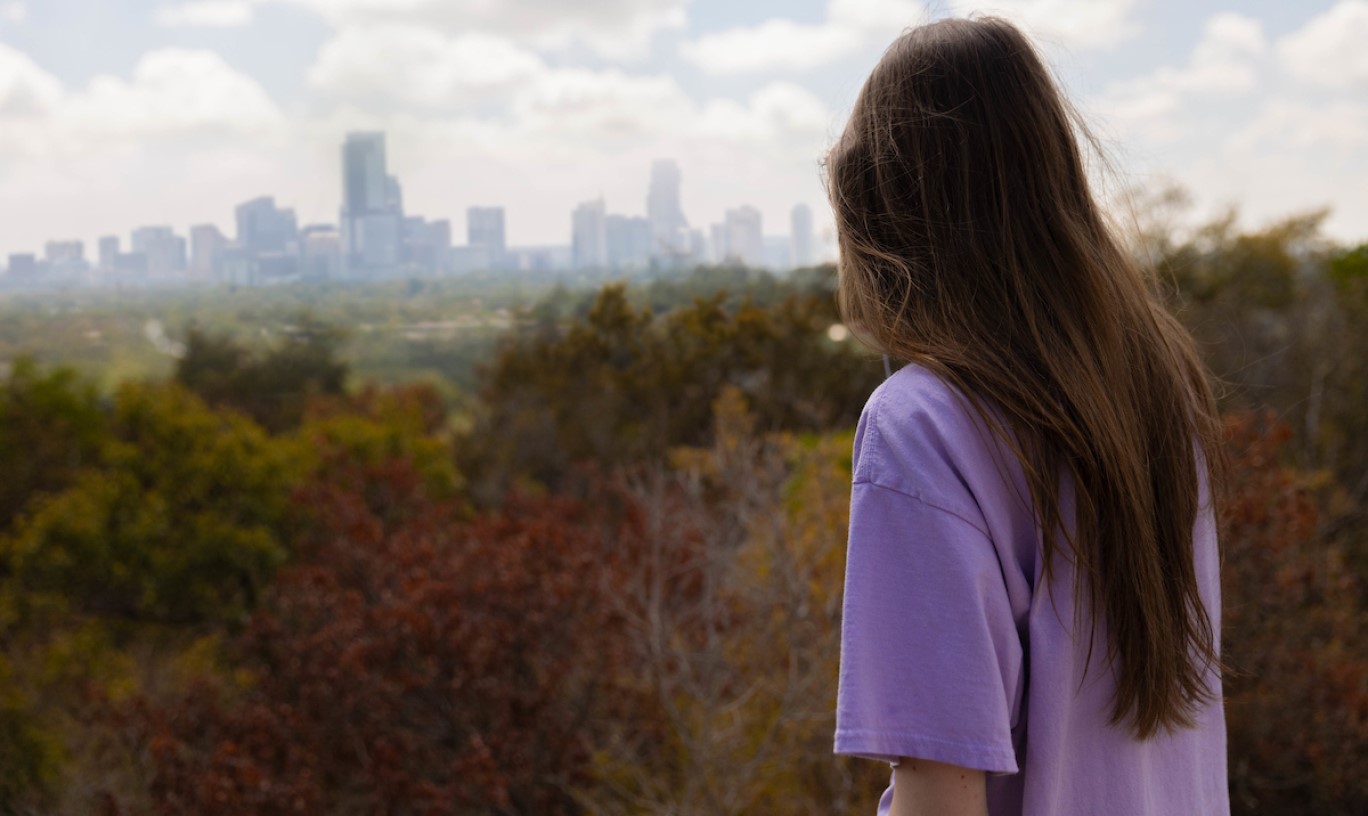Biology at Concordia University Texas
At Concordia Texas, our Biology program goes beyond textbooks and classrooms, offering a hands-on, real-world approach to scientific exploration. With a focus on practical experience, such as our field biology courses to domestic and international locations, small class sizes, and access to unique natural resources like our on-campus Nature Preserve and our Ice-Age fossil site Friesenhahn Cave near San Antonio, students gain invaluable insights into the diverse field of biology. Whether you are interested in Pre-Medical Studies, Pre-Physical Therapy, Optometry school, Pre-Occupational Therapy, Pre-Dental, Pre-Physician Assistant, getting a Masters degree or PhD in Biology, etc., your coursework will be tailored to satisfy the pre-requisite courses for these graduate programs. Within the Biology degree plan, you will have the flexibility to earn a minor in a variety of available subjects, such as Chemistry, Psychology, Sociology, Environmental Science, or Criminal Justice to name a few. Our program equips you with the skills and knowledge needed to thrive in the ever-evolving field of biological sciences.
437 Acre Nature Preserve

15:1 Student-Faculty Ratio
Experiential Learning
If you're ready to move beyond theory and actively engage with the world of biology, apply now to join our dynamic community of aspiring scientists at Concordia.
Learn More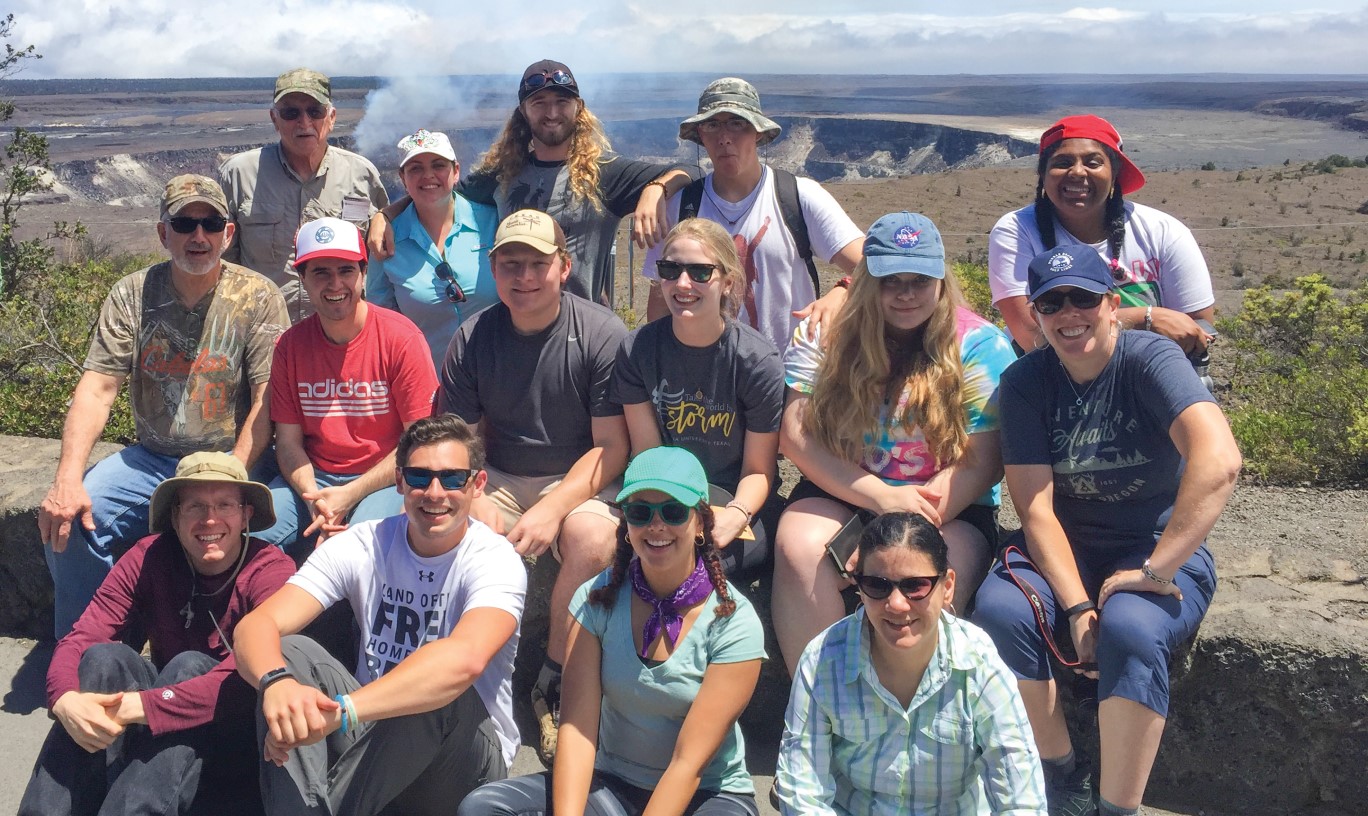
Hands-On Exploration
Immerse yourself in biology through a dynamic blend of classroom lectures and hands-on experiences, utilizing our on-campus Nature Preserve, the Balcones Canyonlands Preserve, and the fossil-rich Friesenhahn Cave.
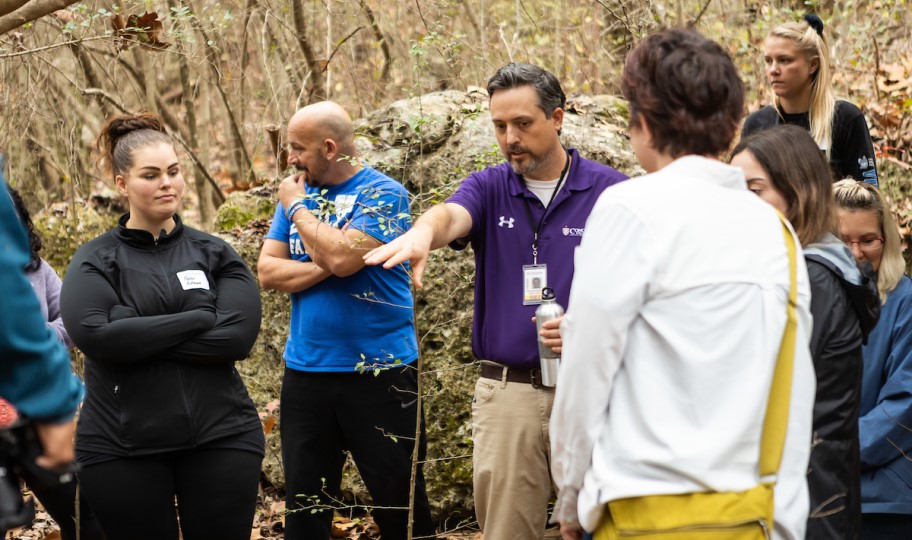
Global Learning Adventures
Expand your horizons with travel courses to destinations like the Grand Canyon, Belize, Pacific Northwest, Costa Rica, and Hawaii, gaining a firsthand understanding of diverse ecosystems and fostering a global perspective in your biological studies.
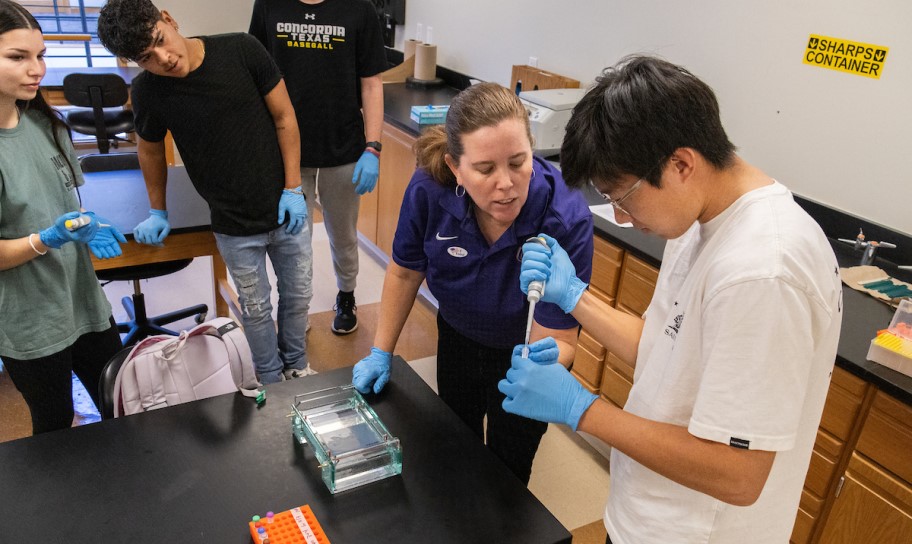
Tailored Learning, Tangible Results
Experience personalized instruction in small classes, fostering inquiry-based experiments. Prepare for success in diverse careers, from healthcare to wildlife management.
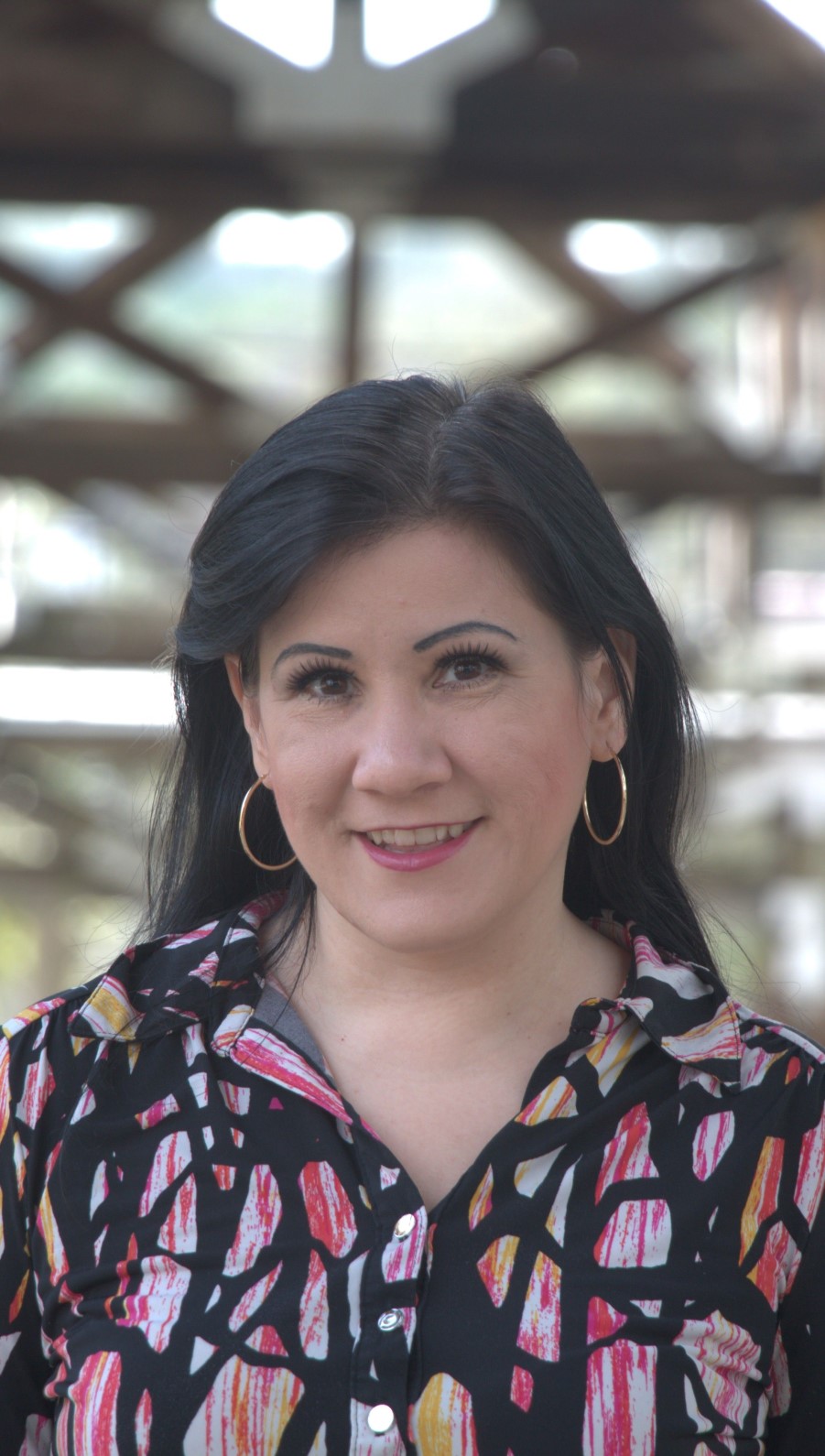

Our program offers a broad array of science disciplines and provides a rewarding educational experience within a supportive community. Our faculty has diverse research interests and is dedicated to stewardship of our natural resources, and nurturing the next generation of scientists, leaders, and educators. Students will understand the complexities of life, from microscopic organisms to the surrounding ecosystems, and engage with their studies in and out of classrooms, laboratories, and on-campus nature preserve, by focusing on hands-on research and fieldwork.
Dr. Mary Kay JohnstonCo-chair Biology
Take the next step and apply now for a program that blends hands-on exploration, global learning adventures, and tailored education. Join us at Concordia Texas, where your journey in biology begins with meaningful experiences, not just classes.
Learn More

One of our key values is hands-on, experiential learning. Biology students learn best when they are empowered and see the real-world application of their knowledge and skills. Students learn research skills, participate in worldwide field experiences, develop presentation skills (at symposia and conferences), and witness the intersection between "the lab" and wider human society. Students will feel confident in realizing their potential and committing to their vocation to make a meaningful impact in their lives, their communities, and the world.
Dr. Jen HofmannCo-chair Biology
- Dentist
- Doctor
- Laboratory
- Technician
- Nonprofits
- Occupational Therapy
- Optometry
- Pharmaceutical Sales, including Quality Control
- Physical Therapy
- Physician Assistant
- Public Health
- Research Scientist
- Teacher
- Veterinarian
- Wildlife Management
The Concordia Texas Biology program taught me how to be professional and personable, which equipped me with the skills needed to further my career at Physican Assistant School. My professors invested not only in my academic growth, but my personal development, enabling me to pursue my educational and career goals while forming lasting relationships.
Apply Now
-
What sets Concordia's approach to biology education apart from other institutions?
With a 250-acre nature preserve in Concordia’s backyard and stewardship of a world-famous Ice-Age fossil site, Friesenhahn Cave, our students will have a unique opportunity to interact with nature and have hands-on research experiences right here on campus. The Biology faculty also personally lead the field biology courses each semester around both local Texas ecosystems, as well as to other domestic and international locations, providing students a chance to learn, fellowship, and grow while in the field.
-
Can you provide more details about the travel courses mentioned in the program overview?
Our travel courses are a unique way that students learn about the world around them and develop skills for discovery and research. We offer a variety of travel courses, from weekend-long camping experiences across Texas, to international courses that travel to tropical rainforests. Our Field Biology of Texas courses provide students with (often) their first camping experiences, all while learning about the vast geological and ecological diversity in Texas. Other travel courses allow students the opportunity to learn scientific skills over the course of two to three weeks, typically in May. These courses embed discussions and mini-lectures into field experiences, giving instructors and students alike the ability to directly observe the plants and animals being discussed. It's so much better than just seeing a picture!
-
Are there specific research opportunities available for Biology students?
One key part of experiential learning in the sciences is engaging in research and directly applying the scientific method. From a student's first science course, students conduct short-term research projects. As students gain more experience, there are numerous opportunities to work with our nature preserve, the fossils in Friesenhahn Cave, or with one of our partner institutions. Students in their senior year are required to conduct a research project with their peers and present their work at a university symposium. Additionally, many students have gone on to present their work at state scientific meetings.
-
How does the program balance theoretical learning with practical, real-world applications?
The campus at Concordia University Texas is one surrounded by, and embedded in, natural beauty. The bountiful native plants and animals serve as a reminder that nature is not found within books. As scientists, your education will require theoretical knowledge, but in order to conduct research or engage in experiential learning, you will have to apply that theoretical knowledge to the world around you. In order to live out your chosen vocation, you must use your knowledge to enrich your community. Books may be a first step to knowledge, but they are not the last.



